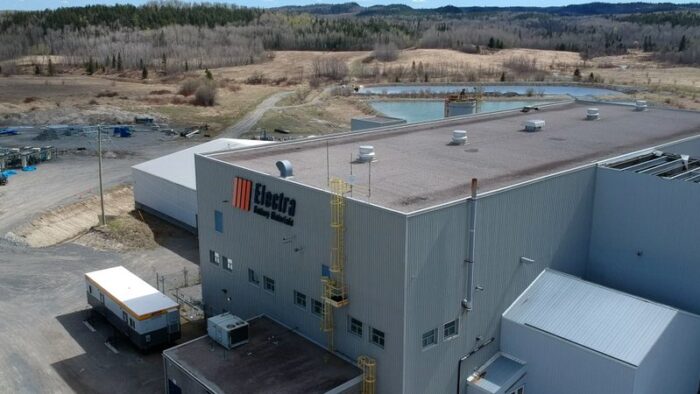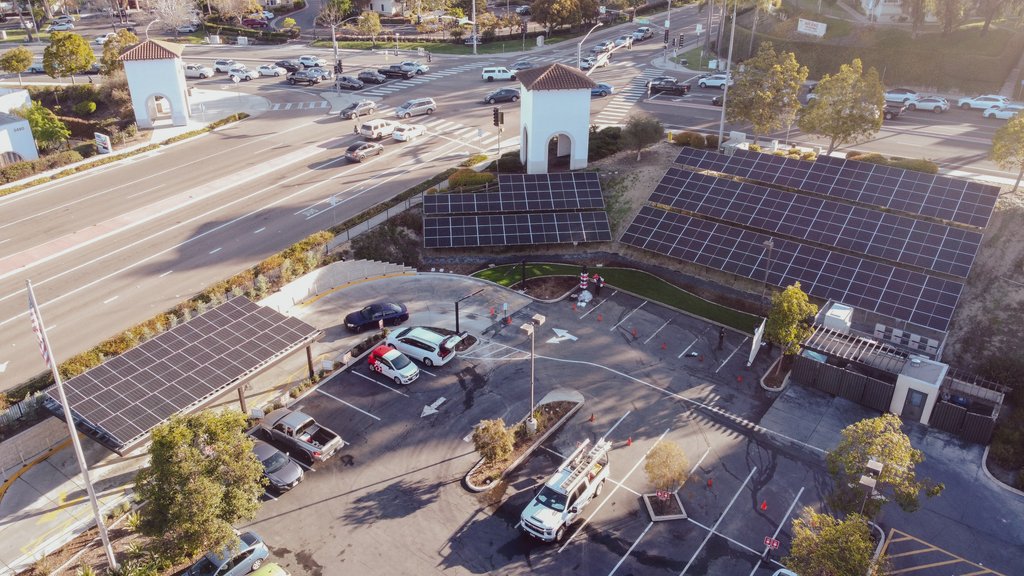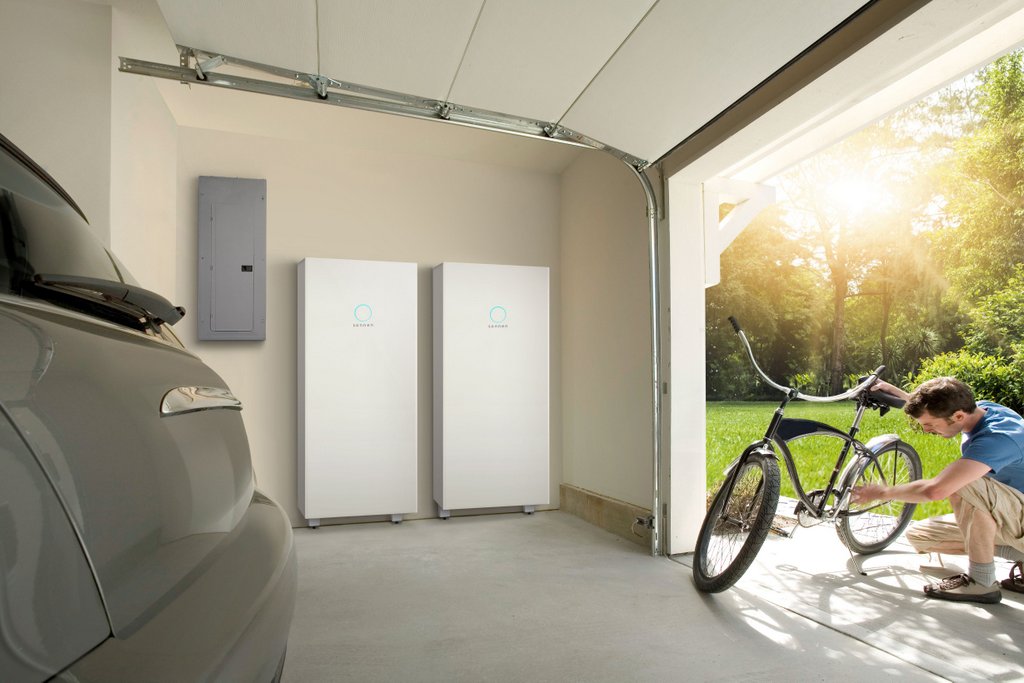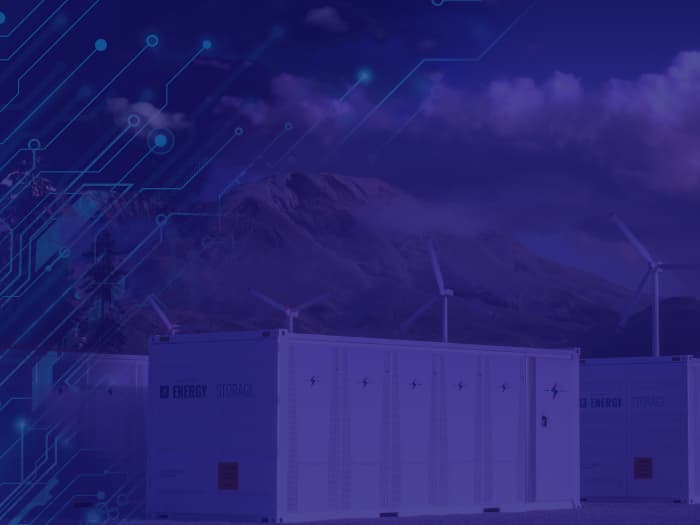Canada’s first Indigenous-led battery recycling venture moves forward in Ontario
Three Fires Group and Electra Battery Materials advance plans for lithium-ion battery scrap facility tied to closed-loop supply chain

A joint venture between the Three Fires Group and Electra Battery Materials Corporation is advancing plans for Canada’s first Indigenous-led lithium-ion battery recycling facility. Known as Aki Battery Recycling, the new company aims to build a low-emissions, circular battery recycling supply chain — starting in Southern Ontario and potentially scaling across the country.
Reggie George, a member of Kettle and Stony Point First Nation, has been appointed president of Aki. George has led more than $3 billion in infrastructure projects through his work with the Three Fires Group. Joining him is Director of Strategy & Corporate Development Andre Marais, who brings more than 15 years of experience in both technical and commercial energy roles.
“First Nations participation in Canada’s emerging clean energy economy is essential,” George said in the announcement. “This venture is rooted in mutual respect, shared benefit, and environmental accountability.”
Closed-loop supply chain with Electra
Aki will focus on the pre-processing of lithium-ion battery scrap, recovering copper, aluminum and steel, and producing black mass — the concentrated mix of lithium, cobalt, nickel, manganese and graphite left after shredding batteries. That black mass will then be sent to Electra’s hydrometallurgical refinery just north of Toronto, enabling a fully Canadian recycling loop.
Unlike typical commodity-price–driven models, Aki will operate primarily on a tolling fee basis with long-term contracts, aligning interests between the recycler and battery manufacturers. It’s a strategic move to create price stability and consistent supply, while also pushing back on the current trend of shipping black mass offshore for processing.
“The current bidding model for battery scrap widely used in North America is unsustainable,” said Michael Insulan, Electra’s VP of Commercial. “Offshore recyclers … can outbid domestic players. In contrast, long-term tolling agreements offer a more stable and scalable alternative.”
Recycling aligned with Ontario’s EV battery growth
Ontario is on track to generate up to 30,000 tonnes of battery scrap annually by 2030, yet currently has no large-scale recycling facilities. Aki’s initial site, now being finalized, will be located in Southern Ontario — near existing or planned EV gigafactories — and designed to scale with industry demand.
In its first phase, the Aki facility is expected to recycle enough battery material to supply up to 100,000 new EVs each year.
“The alignment of Aki’s black mass production with Electra’s downstream refining ensures efficiency, traceability, and material recovery,” said Dr. George Puvvada, technology adviser to Aki.
George sees the venture as a model for Indigenous leadership in the energy transition. “We are creating long-term opportunities, reclaiming ownership over our resources, and building an economy that is both clean and culturally grounded.”





Comments are closed here.